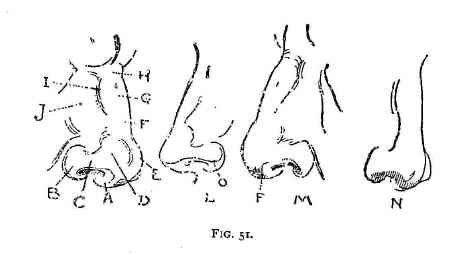I love listening. I used to think that listening was more important than talking, that I talked to get people in a position so I could listen to them. With a certain kind of arrogance, I used to think that being good with words is knowing when silence, when listening, is more important than what you have to say. Being good with words, is looking through the unique turns of phrase or accents that each person has, and being able to understand what they are saying, and empathise with what they actually mean.
With time, I realised that the obvious was true: being good with language wasn't just about listening, but about talking. I wished I had a more engaging charisma, a more appealing timbre and accent - to be the kind of person who actually could engage people with my insightful words of comfort, or witty repartee, or dramatic tales, or effortless small talk. Instead, I'm the kind of awkward that can't even finish the punchline to my own joke before cracking up.
I realise now that being good with language just isn't about having the widest vocabulary or the most lyrical turn of phrase. It isn't about having an appealing vocal timbre, or enunciating all your ending consonants. Being good with words is knowing what to say in love, just as the good book says (1 Cor 13:1). Being good with words is knowing what to say to make someone else understanding you, to get on board with you. You might not have to use big words or fancy high-falutin' phrases, and in fact you most probably won't have to. What you do need to do is know the other person well enough. You need to know what words to say to so they understand, not your words, but your meaning.
With time, and as it turns out, with almost with no bearing on language at all, I realise that in the best relationships, being understood is just as valuable, and important as understanding. Yet with sadness, I realise that may never exist.
